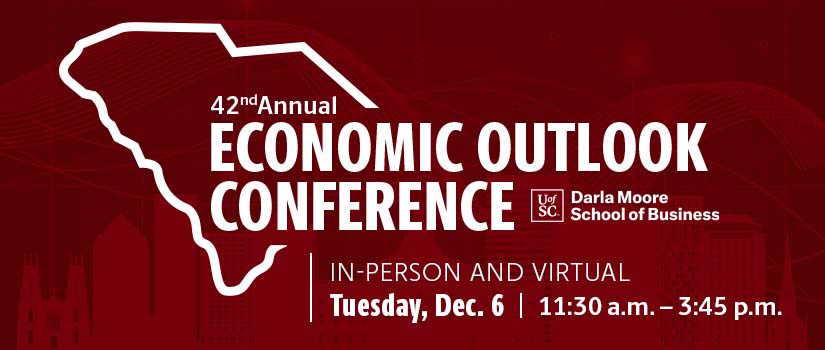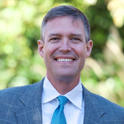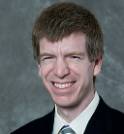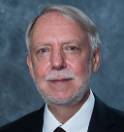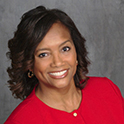
Vice President for Economic Development Strategy for Dominion Energy
As vice president of Economic Development Strategy, Felicia Rhue Howard (‘85 UofSC electrical and computer engineering, ‘91 Professional MBA) works to bolster local, regional and state economic development efforts across Dominion Energy’s 13-state geographical footprint, which serves $7 million electric and natural gas customers.
Howard’s 30-year career in energy was launched as a quality advisor for process improvement in electric generation at South Carolina Electric & Gas Company (SCE&G). She moved from subsequent roles in key accounts management for the company’s largest energy users to leadership roles in both its electric and natural gas businesses.
As manager of Community/Economic Development and Local Government, she managed industry recruiting, retention and expansion and other community and business development opportunities in central and western South Carolina. As director of Demand-Side Management, Howard led the start-up of a portfolio of programs for residential, commercial and industrial customers to improve energy efficiency, reduce electric demand and usage, and impact future company investment and/or timing in electric generation assets.
In 2013, she was named vice president of Gas Operations where she oversaw natural gas distribution construction, operations, maintenance, engineering, system planning and sales for more than 400,000 homes and businesses. After the 2019 merger between Dominion Energy and SCE&G parent company SCANA, Howard assumed her current role in January 2021.
Howard has a long history of community and professional engagement through board and other leadership positions with several organizations and initiatives, including her current roles as a member of the South Carolina Ports Authority Board of Directors; the Central Carolina Community Foundation Executive Committee, where she co-founded and chairs its African American Philanthropy Committee; and the University of South Carolina Educational Foundation Board and its Governance Committee.
A native of Georgetown, South Carolina, Howard holds a Bachelor of Science degree in electrical and computer engineering and an MBA from the University of South Carolina.
